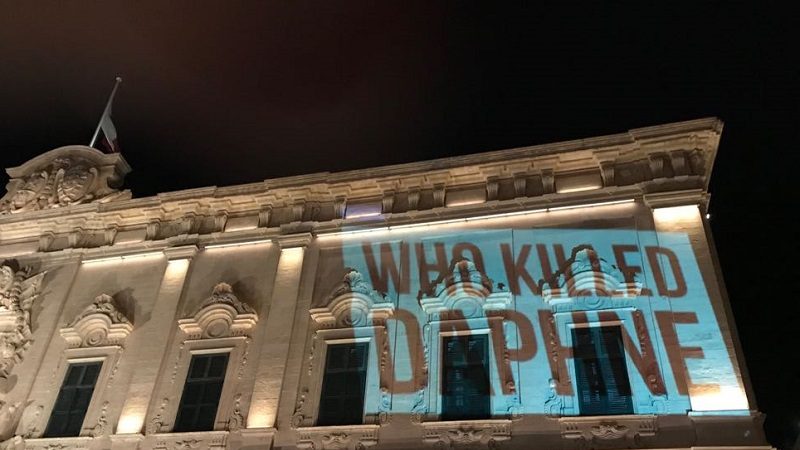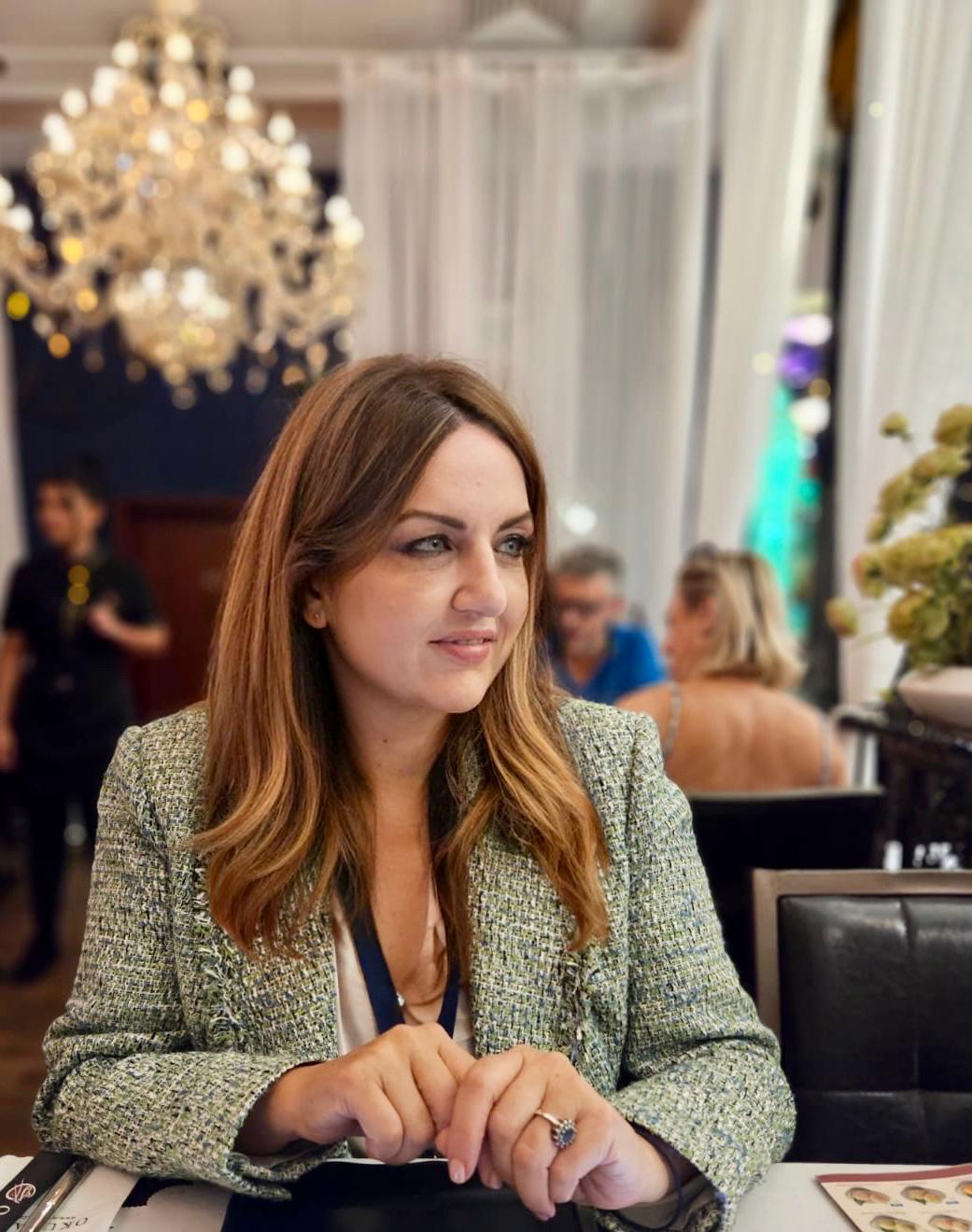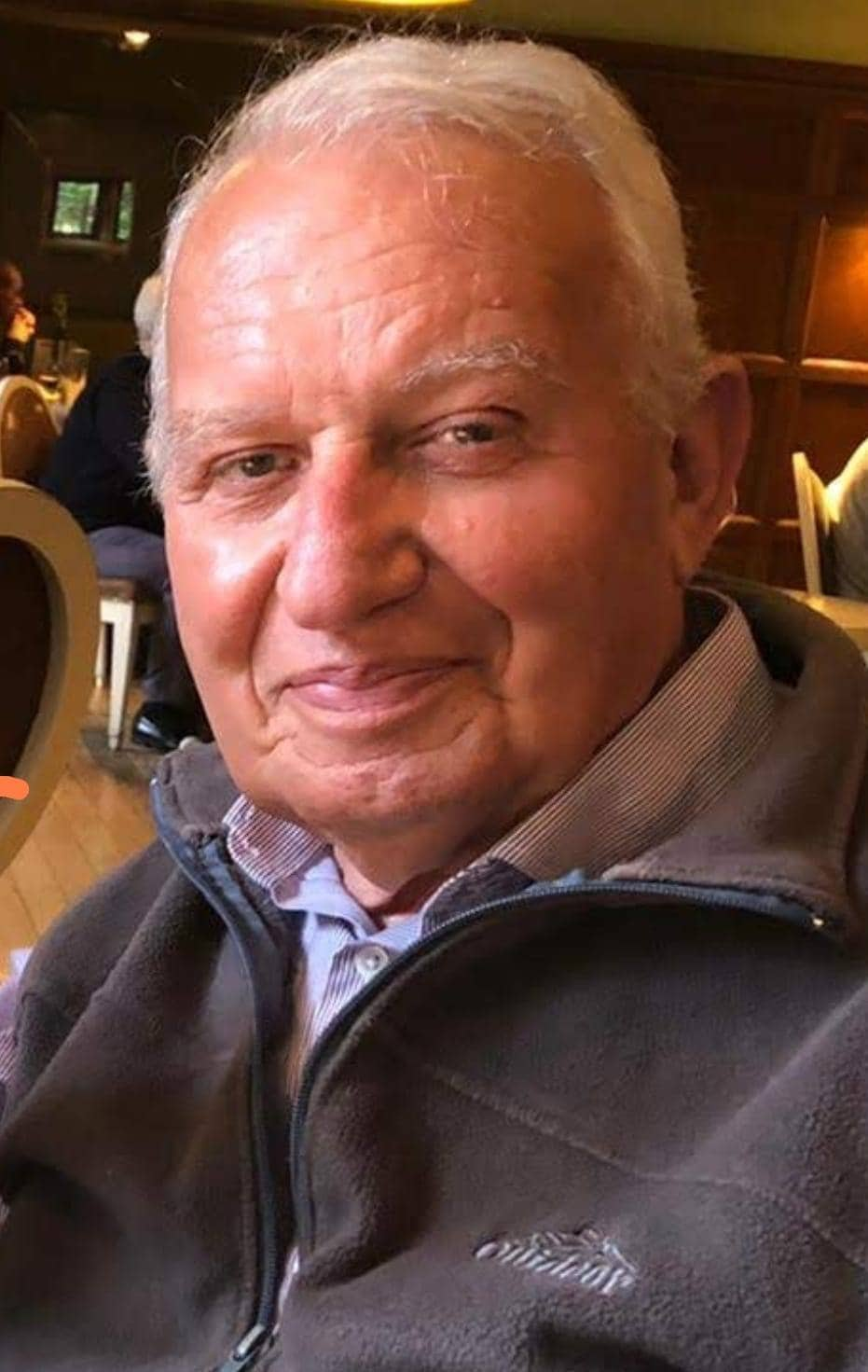Leading international press freedom organisation Reporters Without Borders (RSF) called on the Parliamentary Assembly of the Council of Europe (PACE) to open country monitoring procedures on Malta during a hearing by PACE’s Monitoring Committee held in London on Thursday.
“In light of clear deficiencies in the criminal investigation in the assassination of Daphne Caruana Galizia and the refusal by the Maltese authorities to launch a public inquiry, combined with the broader deterioration of press freedom in Malta, it is time for PACE to consider opening country monitoring procedures,” RSF UK Bureau Director Rebecca Vincent said.
The only European countries that are currently facing monitoring procedures are largely from the former Soviet bloc, as well as Turkey and Azerbaijan.
“The Maltese government is in clear breach of its obligations under the European Convention on Human Rights, and must be held to account,” Vincent said.
As well as Vincent, the hearing brought together Lord George Foulkes, PACE’s General Rapporteur on media freedom and safety of journalists, Alastair King-Smith, Co-ordinator for Global Campaign on Media Freedom, Foreign Office and Jamie Angus, Director of BBC World Service Group.
The debate on ‘Media Freedom and the Functioning of the Democratic Institutions’ focused on different forms of control and pressure faced by the media that hampers their independence and pluralism, undermining the functioning of democracy.
Council of Europe parliamentarians took stock of media freedom in Member States, identifying shortcomings and discussing ways to strengthen media independence.
Focus on Malta
Malta was a focus in the hearing, which coincided with the day marking 19 months since Caruana Galizia’s assassination as her case was also raised by Foulkes as well as Angus who referred to the article by the journalist’s son, Matthew Caruana Galizia, that the BBC translated into 42 languages on World Press Freedom Day.
The Committee also heard how the three suspects arraigned for executing the assassination could get automatic bail if the Attorney General does not file the bill of indictment before summer. Despite their arrest a few months after the assassination, the trial has not yet started. It remains at the stage of compilation of evidence, a year and a half after their arrest.
As part of RSF’s testimony about the state of media freedom across the Council of Europe region, the continuing deterioration in Malta’s press freedom climate was given attention. “The continued posthumous libel suits and constant destruction of the protest memorial are not something we have seen in other countries,” Vincent said.
Malta has fallen another 12 places in RSF’s World Press Freedom Index this year, on top of a prior drop of 18 places last year, resulting in the country now being ranked 77th out of 180 countries.
She added that the “worrying” recent Venice Commission Opinion and GRECO report on Malta put “our press freedom concerns into a broader context, highlighting systemic problems with the rule of law and democratic checks and balances”.
The Venice Commission Opinion states that Malta does not have separation of powers, or constitutional control by the courts. There is a serious lack of checks and balances, and citizens do not have access to justice in all cases, making the country’s legal system inconsistent with essential requirements of the rule of law, and therefore inconsistent with the very concept of democracy.
The Venice Commission is an advisory body of the Council of Europe, composed of independent experts in the field of constitutional law. Yet, President George Vella recently said that concerns on the rule of law in Malta were “blown out of proportion,” following the decision by Prime Minister Joseph Muscat to ride roughshod over the recommendations appointing another six members to the judiciary.
Government steamrolls ahead
The government reduced to the Commission’s recommendations to “guidelines” as opposed to recommendations that must be upheld if Malta is to call itself a democracy.
When addressing the recommendations by the Venice Commission, the government also totally ignored concerns on the importance of the media and civil society to act as watchdogs. “Their role is an indispensable precondition for the accountability of government… Even when it is stressful for the authorities to endure their criticism, the latter have a duty to ensure that the media and civil society can freely express themselves,” the Opinion states.
In addition, the conclusions of the Council of Europe’s investigations by its anti-corruption body GRECO (Group of States against Corruption) said Malta’s justice system was “at risk of paralysis” unless a redistribution of responsibilities between the police, the Attorney General’s office and inquiring magistrates took place.
The government reacted by announcing that the roles would be split, but Prime Minister Joseph Muscat has refused to remove his power of appointing those he chooses to the roles despite the fact that his control was one of the main concerns raised by international bodies.
GRECO also said it was “worrying” that top officials facing corruption allegations led to the sentiment that those facing accusations were benefitting from a total impunity of their actions. GRECO stressed the situation demanded “rapid changes” saying the report was “a call for action“.
GRECO called for stricter rules and their enforcement on the activities of top officials, conflicts of interest and declarations of assets.
Caroline Muscat is reporting from London.















